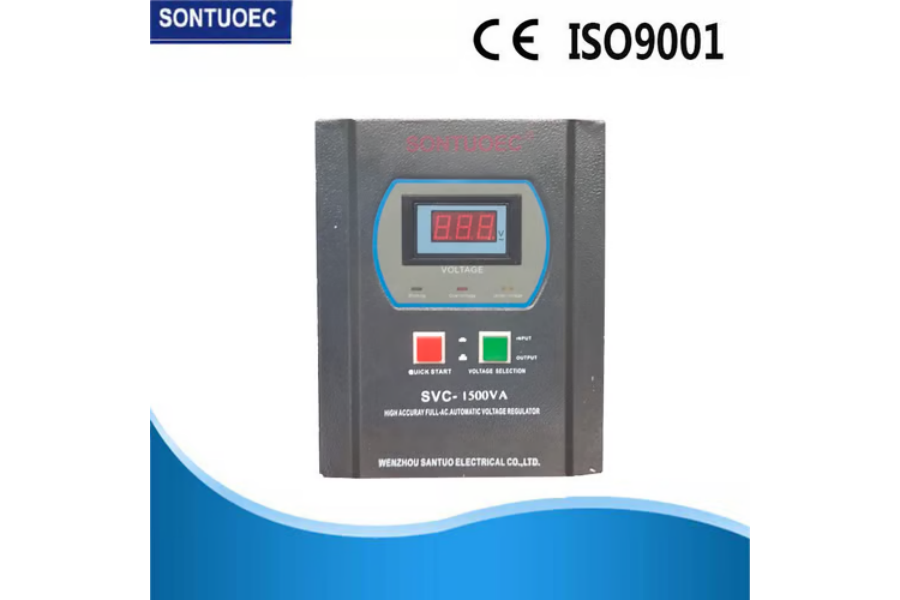A single-phase AC voltage regulator is an essential component in electrical systems that helps stabilize and control the voltage levels. It ensures a constant, steady supply of voltage to protect sensitive equipment from damage caused by fluctuations in power.
How Does a Single Phase AC Voltage Regulator Work?
Single-phase AC voltage regulators use various techniques such as autotransformers, tap-changing transformers, or electronic circuits to adjust the voltage levels. They continuously monitor the input voltage and make real-time adjustments to maintain a consistent output voltage.
The Benefits of Using a Single Phase AC Voltage Regulator
By regulating the voltage, single-phase AC voltage regulators help prolong the lifespan of electrical devices, reduce the risk of malfunctions, and improve overall system efficiency. They also ensure a stable power supply, even during fluctuations in the grid.
Applications of Single Phase AC Voltage Regulators
Single-phase AC voltage regulators are commonly used in residential, commercial, and industrial settings to protect appliances, machinery, and other electrical equipment from voltage variations. They are essential in maintaining the quality and reliability of electrical systems.
Types of Single Phase AC Voltage Regulators
There are several types of single-phase AC voltage regulators, including ferroresonant regulators, electronic voltage regulators, and servo voltage stabilizers. Each type has its unique characteristics and application suitability based on specific voltage control requirements.
Factors to Consider When Choosing a Single Phase AC Voltage Regulator
When selecting a single-phase AC voltage regulator, it is essential to consider factors such as the input voltage range, load capacity, response time, efficiency, and reliability. Choosing the right regulator can significantly impact the performance and longevity of your electrical system.
Installation and Maintenance of Single Phase AC Voltage Regulators
Proper installation and regular maintenance are crucial for the optimal performance of single-phase AC voltage regulators. It is essential to follow manufacturer guidelines, conduct periodic inspections, and address any issues promptly to ensure continued voltage regulation.
Common Issues with Single Phase AC Voltage Regulators
Despite their reliability, single-phase AC voltage regulators can experience issues such as overloading, overheating, or component failure. Regular monitoring, troubleshooting, and timely repairs can help prevent these issues and ensure uninterrupted voltage regulation.
Future Trends in Single Phase AC Voltage Regulation Technology
Advancements in power electronics and digital control systems are driving innovation in single-phase AC voltage regulation technology. Smart voltage regulators with IoT connectivity, energy-efficient designs, and predictive maintenance capabilities are shaping the future of voltage regulation.
The Importance of Investing in a Quality Single Phase AC Voltage Regulator
In conclusion, a single-phase AC voltage regulator plays a critical role in ensuring stable and reliable power supply in electrical systems. Investing in a quality regulator can protect your equipment, improve energy efficiency, and ultimately save you time and money in the long run.
Quote Inquiry
contact us

